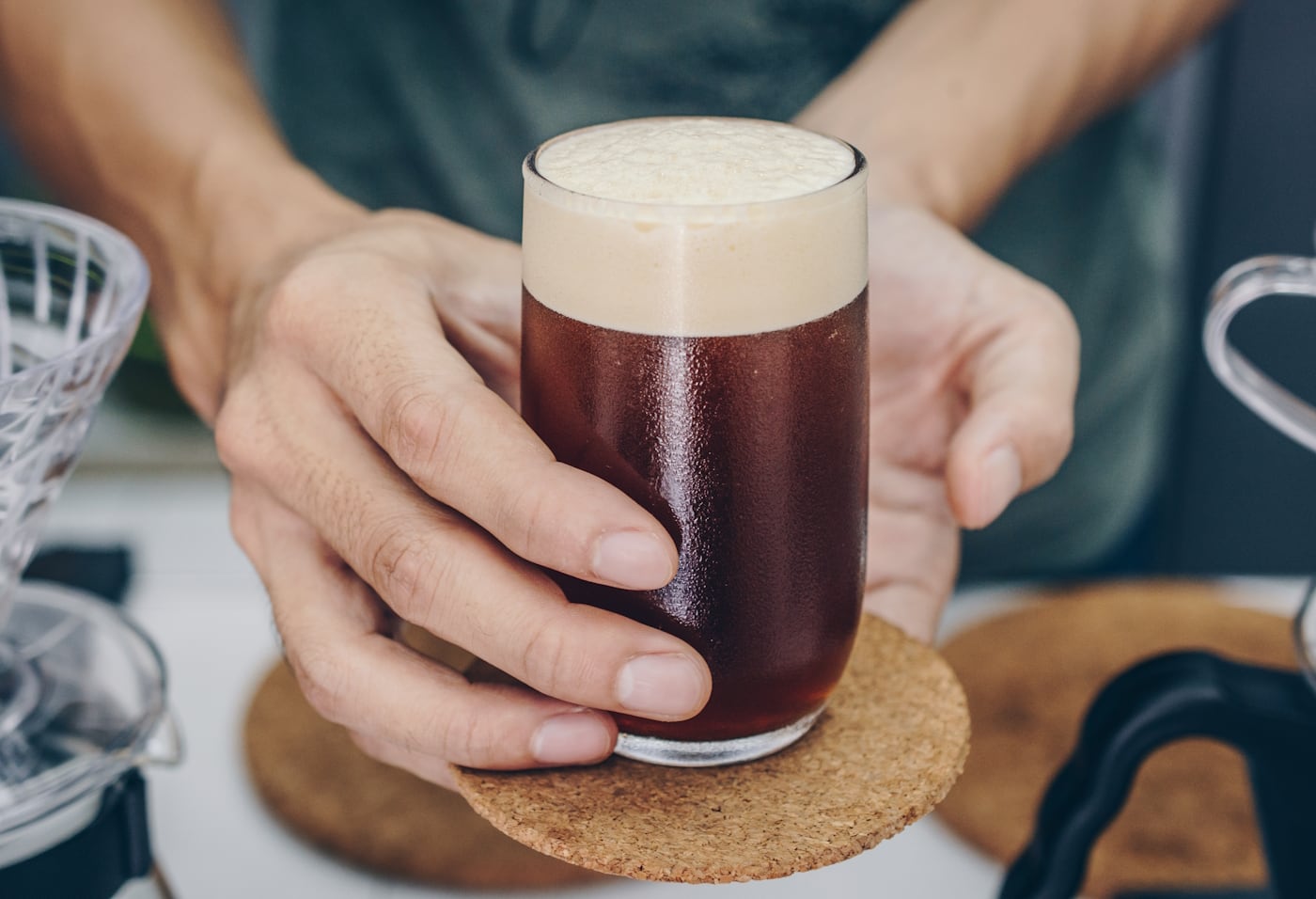According to a government press release issued this week, around 100,000 children in the UK consume at least one high-caffeine energy drink every day, defined as containing more than 150 mg of caffeine per liter. The release cited growing evidence linking these drinks to harmful effects on children, including disrupted sleep, increased anxiety, poor concentration and reduced educational outcomes.
New research conducted in Germany suggests that it is not just the drinks themselves but that associated lifestyle factors may be detrimental for long-term cardiovascular health.
“Although the present study revealed no concerning results with regard to a variety of cardiological parameters, EDs [energy drinks] should nevertheless be consumed with due care,” the researchers wrote in the European Journal of Epidemiology.
Energy drink sales continue to grow
Energy drink companies became household names since their launch three decades ago, with brands such as Red Bull, Monster, Rockstar, Lucozade and Celsius holding market shares.
Market research from ResearchandMarkets estimates the global energy drink market (roughly $78 billion in 2025) will grow at a compound annual growth rate (CAGR) of 5.91% over the next five years to reach about $104 billion by the end of the decade. A spokesperson from Celsius told sister title, BeverageDaily, that the company has experienced a 17% to 18% increase in sales in recent weeks, which is attributed to a consumer pivot from cold coffee to energy drinks.
North America accounted for 37.1% of global revenue in 2024, according to Grand View Research. However, Europe’s share is expanding and is expected to grow at a CAGR of 7.1% from 2025 to 2030, influenced by increasing interest in sports and fitness. Additionally, both emerging and established energy drink brands are tapping into a health-conscious market, focusing on functional benefits and wellness-enhancing formulations.
Some emerging brands are focused on reducing sugar as this is one of the main concerns cited by the UK government due to its link to higher obesity rates among English teenagers.
How unhealthy is energy drink intake?
Energy drinks typically contain caffeine, taurine, glucuronolactone and inositol. When consumed moderately, they have been linked to enhanced alertness, improved physical performance and better cognitive performance when fatigued.
Research in adults, however, has also linked excessive energy drink intake with depressive symptoms, obesity, type 2 diabetes and cardiovascular issues. Previous research identified associations with high or excessive consumption of alcohol or drug intake, which can trigger elevated blood pressure, heart rhythm disturbances, ischemia and tachycardia.
According to a previous European Food Safety Authority (EFSA) survey, nearly one in three German adolescents regularly consume energy drinks: 19% several times a month, 8% several times a week and 2% daily. These minors form a key consumer group, but researchers have limited data on cardiovascular effects in children and adolescents. While a 2015 EFSA assessment found that single caffeine doses safe for adults also appeared safe for youth, few independent studies examined acute moderate ED use in adolescents.
Results from one study showed that even moderate energy drink intake raises blood pressure, alters heart rhythm and affects arterial stiffness in adolescents. No research has examined the cardiovascular impact of chronic high energy drink consumption in adolescents.
Teen energy drink study finds no direct heart risk
Researchers investigated whether chronic high energy drink consumption affects cardiovascular health in a gropu of 5,100 Berlin adolescents, assessing both consumption and lifestyle habits via questionnaire. They then conducted cardiological examininations of 97 chronic high energy drink consumers (four or more per week for a year) and 160 controls.
After measuring blood pressure, heart rate, ECG and echocardiography and considering risk factors like education, smoking, alcohol and sleep, the researchers reported no significant differences in cardiological parameters between groups.
They did, however, find that a significant portion of chronic high energy drink consumers combined them with alcohol, were more likely to smoke or use cannabis and had reduced sleep. The findings therefore indirectly linked chronic high energy consumption to reduced cardiovascular health through unhealthy lifestyle factors.
“The present study could not detect any statistically significant and/or clinically relevant differences in a variety of cardiological parameters,” the researchers wrote “Notably, participants with a chronically high ED consumption tended to adhere to a more risk-tolerant lifestyle, particularly in relation to an increased cardiovascular risk.”
Energy drinks: Cause or correlation?
Dr. Mark Tallon, managing partner at the Food Law consultancy Legal Foods, told NutraIngredients that while the study from the German Federal Institute for Risk Assessment (BfR) is one of the few studies assessing the sub-chronic toxicity of caffeine containing energy drinks, it had several limitations.
He noted that the conclusions from the BfR “seem to be framing the increased consumption of tobacco, marijuana and alcohol as a being related to energy drinks.”
While the BfR report suggested energy drinks were linked to these behaviors, Tallon said it was unclear which way the causality ran, questioning whether energy drinks lead to more high-risk behaviors or if teens who already drink alcohol, smoke or sleep less simply tend to drink more energy drinks.
He added that the framing of the result could suggest a pre-existing bias towards a desired outcome, perhaps due to the proposed policy that energy drinks and caffeine are unsafe.
Furthermore, despite the results, he noted that the BfR commentary in the press release did not call into question EFSA guidelines.
EFSA’s opinion states that moderate consumption of energy drinks by healthy adults is generally safe but urges caution regarding high acute consumption, particularly among adolescents.
Source: European Journal of Epidemiology. doi: 10.1007/s10654-025-01292-z. “Chronic high consumption of energy drinks and cardiovascular risk in adolescents—results of the EDKAR-study”. Authors: Menzel, J. et al.





